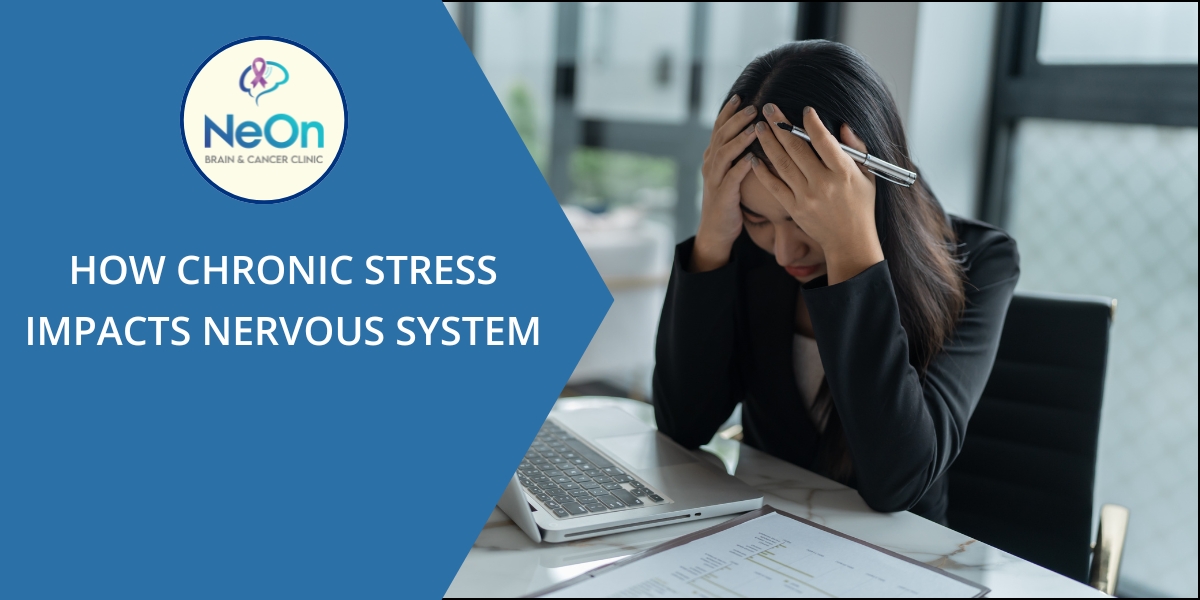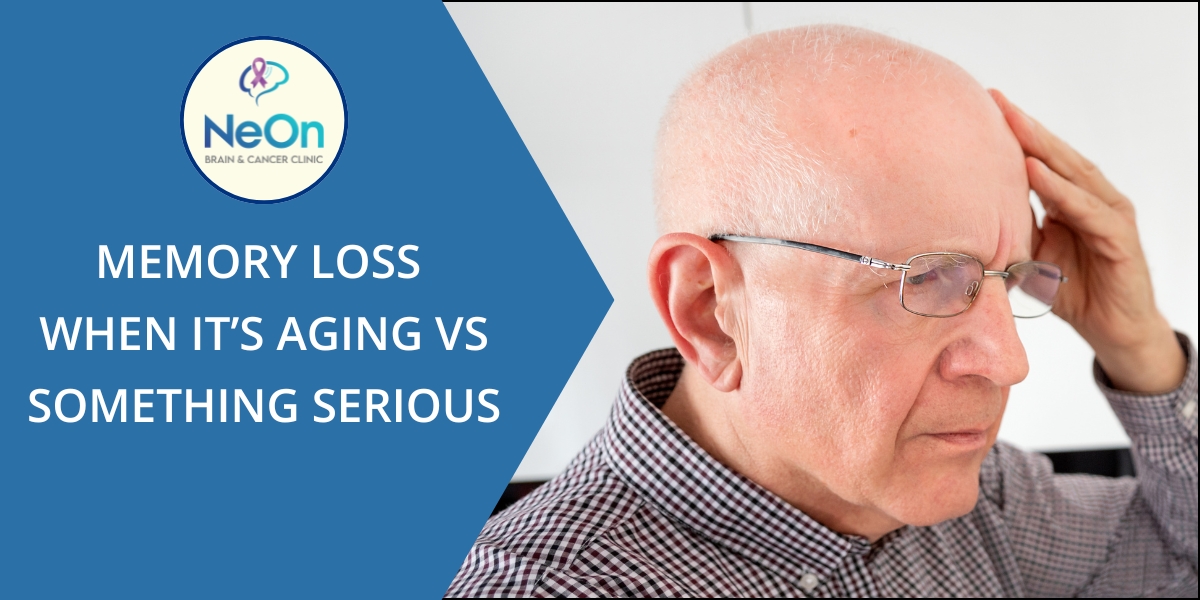As people age, it’s common to experience occasional forgetfulness—misplacing keys, struggling to recall names, or forgetting why they entered a room. However, when memory lapses become more frequent and severe, they may indicate something more serious, such as dementia. Understanding the key differences between dementia and normal age-related forgetfulness can help individuals seek timely medical intervention.
Understanding Age-Related Forgetfulness
Mild memory lapses are a natural part of aging. The brain, like the rest of the body, undergoes changes that can affect memory and cognitive function. Here are some characteristics of normal age-related forgetfulness:
- Occasional Forgetfulness: Forgetting names or appointments but remembering them later.
- Slower Processing: Taking longer to recall words or information but eventually retrieving them.
- Momentary Confusion: Sometimes losing track of thoughts but regaining focus.
- No Impact on Daily Life: Forgetfulness does not interfere with work, relationships, or routine activities.
- Still Able to Learn: New skills and information can still be acquired, albeit at a slower pace.
Recognizing the Signs of Dementia
Dementia is a progressive neurological condition that significantly affects memory, thinking, and behavior. Unlike normal forgetfulness, dementia disrupts daily life and worsens over time. Here are the key warning signs:
- Frequent and Severe Memory Loss: Forgetting important events, conversations, or recently learned information without recalling them later.
- Difficulty with Daily Tasks: Struggling with familiar activities like managing finances, following a recipe, or using household appliances.
- Language Problems: Trouble finding the right words, following conversations, or repeating the same questions.
- Disorientation: Getting lost in familiar places or not recognizing the current date and time.
- Poor Judgment: Making irrational decisions, such as giving away large sums of money or neglecting personal hygiene.
- Mood and Personality Changes: Exhibiting unusual anxiety, depression, aggression, or withdrawal from social activities.
Key Differences Between Dementia and Normal Aging
| Factor | Normal Aging | Dementia |
|---|---|---|
| Memory Loss | Occasionally forgets names but remembers later | Frequently forgets names and important events, doesn’t recall later |
| Language | Sometimes struggles to find the right word | Repeats phrases, has trouble following conversations |
| Problem-Solving | May take longer to make decisions | Struggles with planning and problem-solving |
| Orientation | Occasionally forgets the date but remembers later | Becomes disoriented in familiar places |
| Impact on Life | No major interference in daily activities | Significant disruption in work and personal life |
When to See a Neurologist?
If you or a loved one are experiencing memory loss that interferes with daily life, it is crucial to consult a specialist. A neurologist in Hadapsar can help diagnose and manage neurological conditions, including dementia. Early diagnosis allows for better treatment and management options.
Consult Dr. Sadique Pathan at Neon Clinic
For expert evaluation and compassionate care, visit Dr. Sadique Pathan at Neon Clinic. With extensive experience in neurology, Dr. Pathan specializes in diagnosing and treating memory disorders, ensuring the best possible care for patients dealing with cognitive decline.
While occasional forgetfulness is a normal part of aging, persistent and severe memory loss may indicate dementia. Recognizing the differences early on can lead to timely medical intervention and improved quality of life. If you have concerns about memory loss, don’t wait—consult a neurologist in Hadapsar for expert advice.
For appointments, visit Neon Clinic and get a professional evaluation today!



